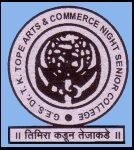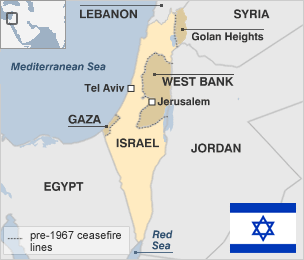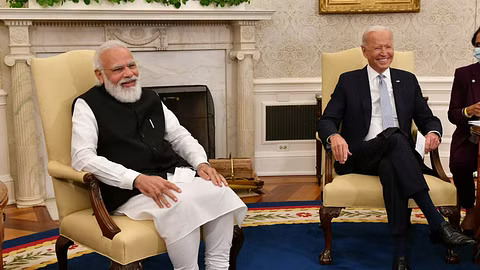Gandhi, Nehru and the Idea of an Israeli Nation
| Gandhi, Nehru and the Idea of an Israeli Nation |
| On 16 May 2021, India supported the Palestinian cause and backed the two-nation solution before the United Nations Security Council in relation to the on-going conflict in Gaza. India condemned the air-strikes and urged Israel and Palestine to maintain status quo. In this piece we revisit how Indian political leaders engaged with the proposal of a separate Jewish State, often through the lens of prevailing domestic political developments. After World War I and the fall of the Ottoman Empire, Palestine was placed under the administrative control of the British in 1922 – the British were to ensure that a Jewish State was established in Palestine. Increased immigration of Jews into Palestine triggered tensions between the native Arabs and the immigrant Jewish population. The first mass protest against this immigration took place in 1929. Following escalated conflict, the British appointed a Royal Commission headed by Lord Peel in 1937. This Commission recommended the partition of Palestine by relocating the local Arab population from their lands for the creation of the State of Israel. Thousands of miles away, the British were confronted by India’s freedom movement. Indian political leaders often engaged and expressed their position on political conflicts around the world particularly those involving Britain’s imperial policy. Indian nationalists appear to have initially supported the Palestine position and rejected the idea of carving a Jewish State which they viewed as an imperial act – a foreign power dictating the political landscape of another region. The Indian National Congress’s official position came in support of the Arabs and it proposed that the British forces should not interfere in the Arab – Jewish conflict in Palestine. In 1938, Gandhi discussed the issue in an article in the Harijan. He emphatically believed that Palestine belonged to the Arabs and expressed disdain towards imposing Jewish authority on their land. While he sympathised with the Jews, Gandhi was opposed to the idea of Jewish nationalism that was tied to a particular territory. He distinguished Jewish nationalism from Indian nationalism which he argued was not based on communal lines. Gandhi suggested that Jews must instead demand for just treatment in whichever country they are born. For example, he insisted that Jews born in France are French in the same way the Christians born in France are also French. Gandhi’s position on the conflict was plausibly influenced by his resistance to the idea that was being touted in India at the time: creating a separate nation for Muslims in the Indian sub-continent. Nehru in his essay titled ‘Spain and Palestine’ published in 1938 stated that the conflict was misunderstood as a dispute between Arabs and Jews. Nehru instead suggested that it was a problem of nationalism and independence. Drawing parallels with colonisation of India, he highlighted how the imperial powers were pitting one community against another. Nehru believed that it was British strategy to suppress the larger Arab independence movement. According to Nehru, the conflict between the Hindus and Muslims in India could be amicably resolved with the exit of the British. The same he suggested, could be a solution to the Arab-Jew conflict in Palestine. During the 1940s after the end of the Second World War, the creation of Israel was gaining momentum. In 1947, the United Nations passed a resolution to partition Palestine – which India opposed. With the creation of Israel in 1948, the Indian State was faced with the dilemma of recognisng Israel. India eventually formally recognised Israel in September 1950 after considerable delay. Best,Constitutionofindia.net |
 |
| Copyright © 2021 Centre for Law and Policy ResearchAll rights reserved.You are receiving this e-mail because you subscribed on our website. |
ConstitutionofIndia.net
D6 Donna Cynthia, Primrose Road Ashok nagar, Bangalore, 560025
Watch Fauda – a TV series about Palestine
![]()


